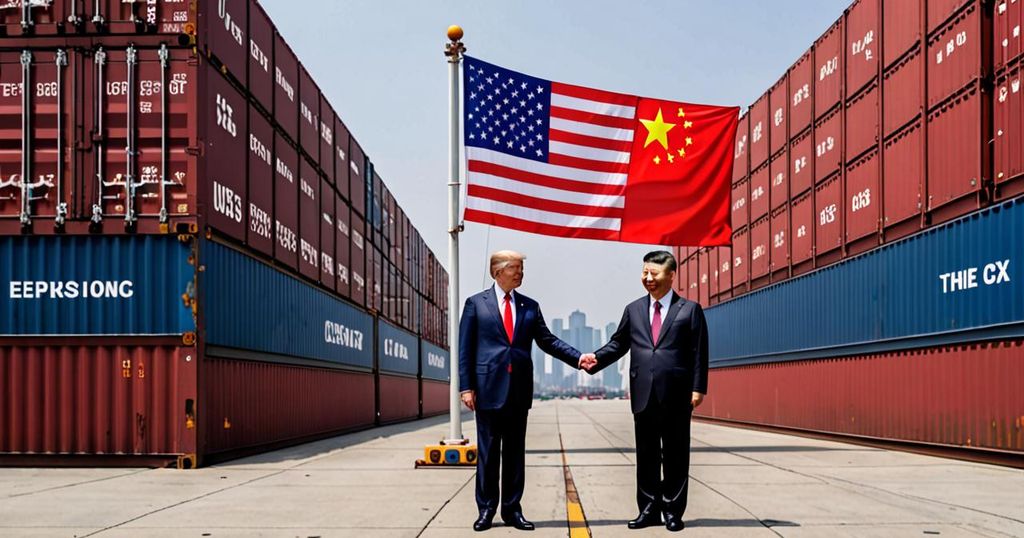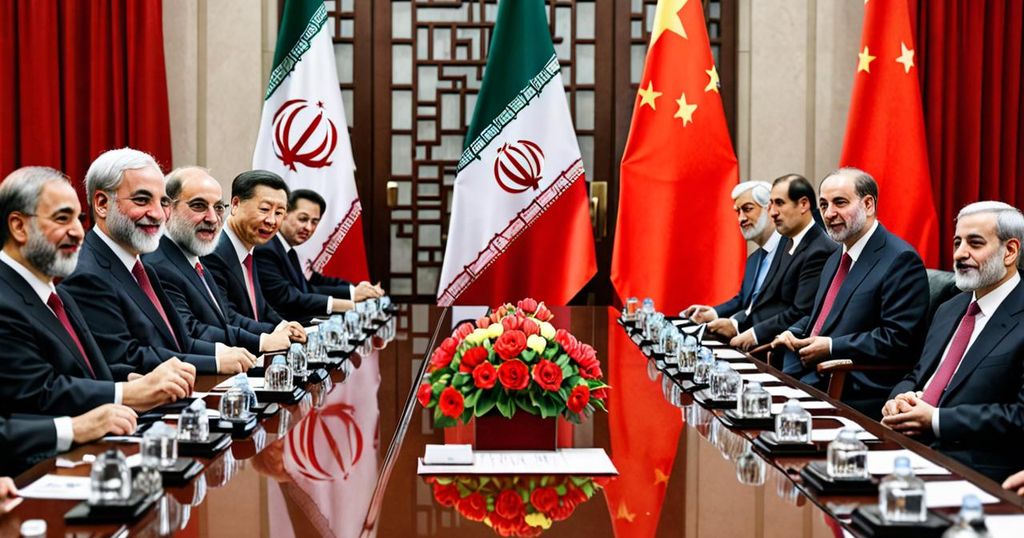The current U.S. Trade Representative (USTR), under the leadership of Katherine Tai, has undergone significant changes that are impacting the U.S. economy and American businesses. On March 28, the release of the annual National Trade Estimate Report on Foreign Trade Barriers raised concerns due to the inclusion of language referring to the “sovereign right” of governments to implement trade barriers in the public interest. This departure from traditional U.S. foreign policy aligns with the Biden Administration’s approach to trade policy, embracing protectionist measures that could have far-reaching implications on global trade dynamics.
The pivot towards protectionism has been evident in the administration’s “Buy America” agenda, with the USTR seemingly neglecting the interests of American businesses engaged in international trade. This shift is exemplified by the withdrawal of support for digital trade provisions at the World Trade Organization (WTO). These measures, previously supported by the U.S. and its allies, aimed to uphold fair trade practices and open markets. Abandoning these principles not only mirrors the trade policies of countries like China but also risks legitimizing authoritarian trade practices that undermine innovation and fair competition.
The rationale behind these policy reversals is questionable, particularly the assertion that digital trade rules would favor large American technology companies at the expense of smaller firms. In reality, digital trade barriers, such as data localization requirements and forced disclosure of source code, disproportionately affect smaller businesses, hindering their global competitiveness. Consequently, the USTR’s decisions are jeopardizing America’s leadership in shaping global trade norms and could erode the nation’s moral authority on the world stage.
The USTR must realign its trade policy to prioritize the interests of American businesses of all sizes, reaffirming the nation’s commitment to open, fair trade and discouraging protectionist measures. The U.S. has a longstanding history of championing these principles, which are crucial for economic prosperity and upholding the nation’s identity on the global stage. It is imperative for the USTR to cease leveraging foreign policy to support misguided domestic competition policies and refocus on promoting robust trade policies that benefit American businesses across the board.
As the global economy faces increasing protectionism and authoritarianism, the U.S. government must uphold its values and interests, safeguarding the international trading system’s integrity. Failure to do so would not only represent a departure from the norm but also amount to an abdication of American leadership. It is crucial for U.S. leaders to advocate for American innovation on the global scale, as it is a testament to the nation’s commitment to fair and open trade practices.
In conclusion, the U.S. must address the growing protectionism in its trade policy to preserve its global leadership and uphold the values that define the nation’s identity. The ramifications of these policy shifts extend far beyond economic implications, impacting America’s standing in the international community. The time for decisive action is now, to prevent irreversible damage to the nation’s place in the global economy and its influence on international trade practices. (Source: Fortune, written by Ed Brzytwa, Vice President of International Trade at the Consumer Technology Association (CTA)).








